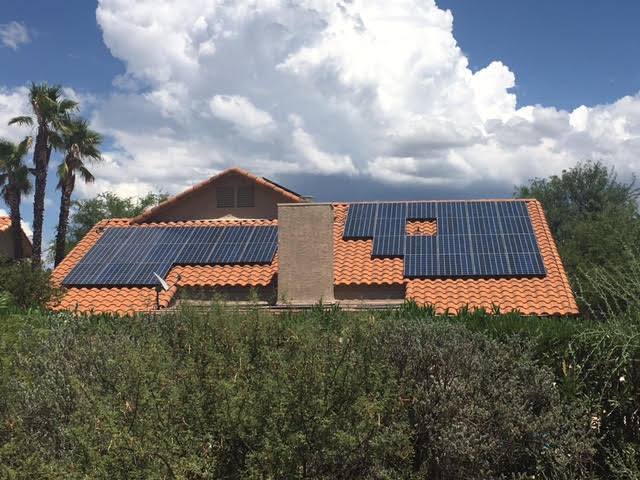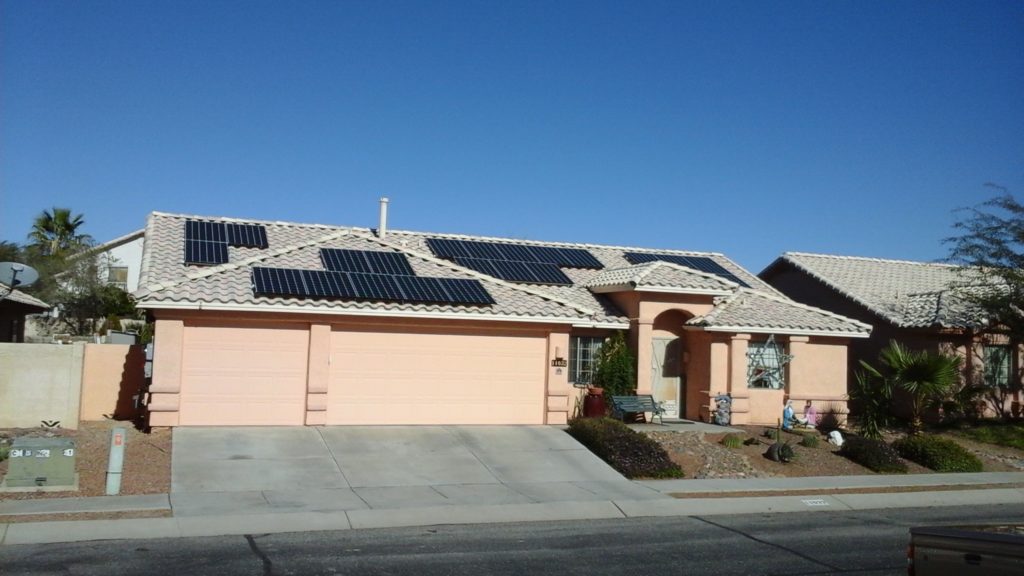The installation of solar panels can potentially affect homeowners’ insurance. While the specific impact can vary depending on the insurance company and policy, here are some factors to consider:

Increase in home value: Solar panels are considered a valuable addition to a property and can increase its overall value. Since homeowners insurance is often based on the replacement cost of the home, the increased value may result in higher insurance premiums.
Coverage for solar panels: It’s essential to ensure that your homeowners’ insurance policy covers solar panels specifically. Some policies may automatically include coverage for solar panels, while others may require you to add a separate endorsement or rider to your policy to ensure coverage for the panels.
Additional coverage limits: Installing solar panels may require you to increase the coverage limits of your homeowners’ insurance. This is because the panels can be expensive to repair or replace in the event of damage or theft.
Liability coverage: Solar panels come with their own risks, such as the potential for electrocution or property damage. As a result, homeowners’ insurance policies may have specific provisions for liability coverage related to the installation and operation of solar panels.
Inspection and maintenance requirements: Some insurance companies may require inspections or regular maintenance of solar panels to ensure they are functioning properly and do not pose a risk. Failing to meet these requirements may affect your coverage or result in higher premiums.

Deductibles: In the event of damage or loss to your solar panels, your insurance policy may have specific deductibles that apply. It’s important to review your policy to understand the deductible amounts and how they would apply to your solar panels.
Warranties and maintenance agreements: Solar panels typically come with warranties that cover defects and performance guarantees. Some insurance companies may require homeowners to maintain these warranties and adhere to maintenance agreements to ensure coverage for the panels.
Roof integrity and age: Insurance companies may also consider the condition and age of your roof when assessing the impact of solar panels on your policy. If your roof is deemed to be in poor condition or nearing the end of its life, the installation of solar panels may affect your coverage or premiums.
Home location and local regulations: The location of your home can also influence your insurance policy. Certain areas may have specific regulations or building codes related to the installation of solar panels, and insurance companies may take these factors into account when determining coverage and premiums.
Insurance provider requirements: Each insurance provider may have its own guidelines and requirements regarding solar panel installations. Some companies may have specific criteria or certifications they expect the panels to meet, and failing to comply with these requirements may affect your coverage.
Remember, it’s crucial to consult with your insurance provider directly to understand the exact impact that solar panels will have on your homeowners’ insurance policy. They can provide you with the most accurate and up-to-date information based on their policies and your specific circumstances.
